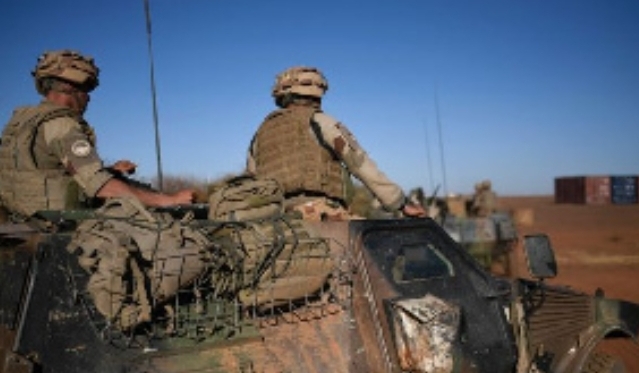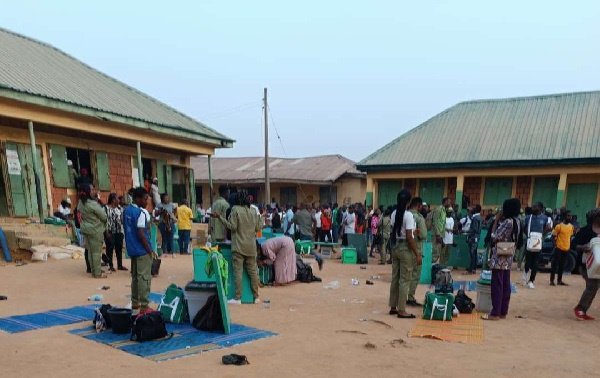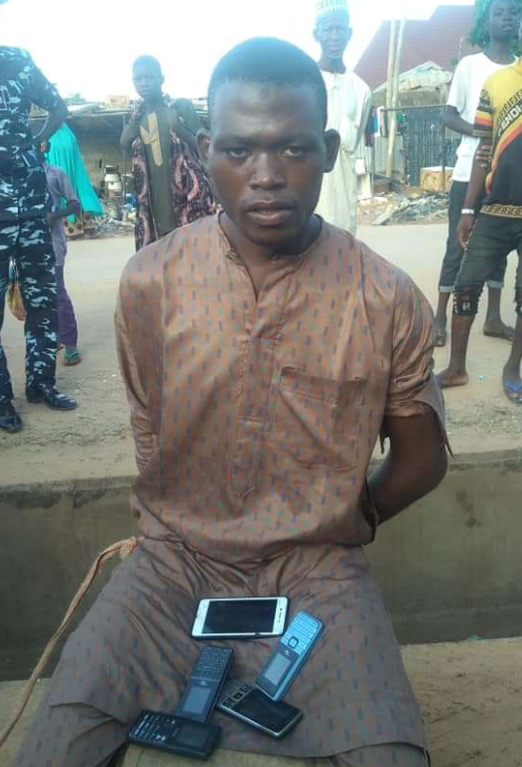Congolese divided over Macron visit to Kinshasa, draw reaction

Congolese authorities consider France and its president important actors in the search for peace in the country. Before he started his tour in Central Africa, the French president already pronounced himself on the subject.
On Monday, at the Elysée Palace in France, he said: “The unity, the sovereignty, the integrity of Congo cannot be discussed,” adding that this is the “constant position” of France “which has not changed”.
The French president regretted the current escalation in North Kivu, where the Congolese army is fighting with the M23 rebels.
He described the situation as an “unacceptable regression”, especially as North Kivu, Ituri and South Kivu have become areas where armed groups, in their hundreds, rule.
But Macron’s declaration of support of Congo’s unity was not entirely welcomed by the authorities in Kinshasa.
The Deputy Prime Minister and Minister for Foreign Affairs Christophe Lutundula said that “words are not enough”.
Guilt by association
The Congolese government has asked France to initiate sanctions against Rwanda for its alleged support of the M23. This debate that could overshadow other issues in Kinshasa where some citizens are opposed to the presence of the French head of state.
Demonstrators protested against this visit in front of the French embassy in Kinshasa declaring the French supporters of Rwanda.
President Macron is associated with popular Congolese singer Fally Ipupa, whose building in Kinshasa was vandalised on Monday last week by unknown people who apparently did not appreciate the fact that the singer was associated with the French president’s trip.
The protests in Kinshasa caught the attention of Rwanda President Paul Kagame, who said: “The demonstrators, unfortunately, do not understand why they are demonstrating. They should not be demonstrating against Macron’s visit because the visit is neither the problem, nor the cause of it.”
In Kinshasa, many blame France for “remaining silent” in the face of the atrocities in eastern DRC.
Priority support
Thierry Yems, a Kinshasa resident, told The EastAfrican: “The DRC, as an influential member of the Organisation Internationale de la Francophonie, should receive priority support from France.”
I don’t see anything changing,” said Constant Tshimanga, another resident. “There has been war in the DRC for more than 20 years.”
It was France that initiated, in December 2022, the resolution for the lifting of the embargo by UN Security Council on DRC to procure arms. But the Congolese want Paris to do more.
Separately, during the just concluded 36th AU Summit, the African Union Peace and Security Council committed funds to support EAC’s peace-making efforts from the African Union Peace Fund.
Other development partners and global bodies have committed to continuing supporting the process, EAC Secretary-General Dr Peter Mathuki said.
In the troubled east, withdrawal timelines have been drawn, with Phase 1 covering Kibumba, Rumangabo, Karenga, Kirolirwe and Kitchanga; Phase 2 featuring Kishishe, Bambo, Kazaroho, Tongo and Mabenga. Phase 3 has Rutshuru, Kiwanja and Bunagana.
A team is expected to meet with warring parties and representative of DRC Government/FARDC to begin the implementation of ceasefire and withdrawal of M23 in the next one week.
Source: theeastafrican.co.ke





